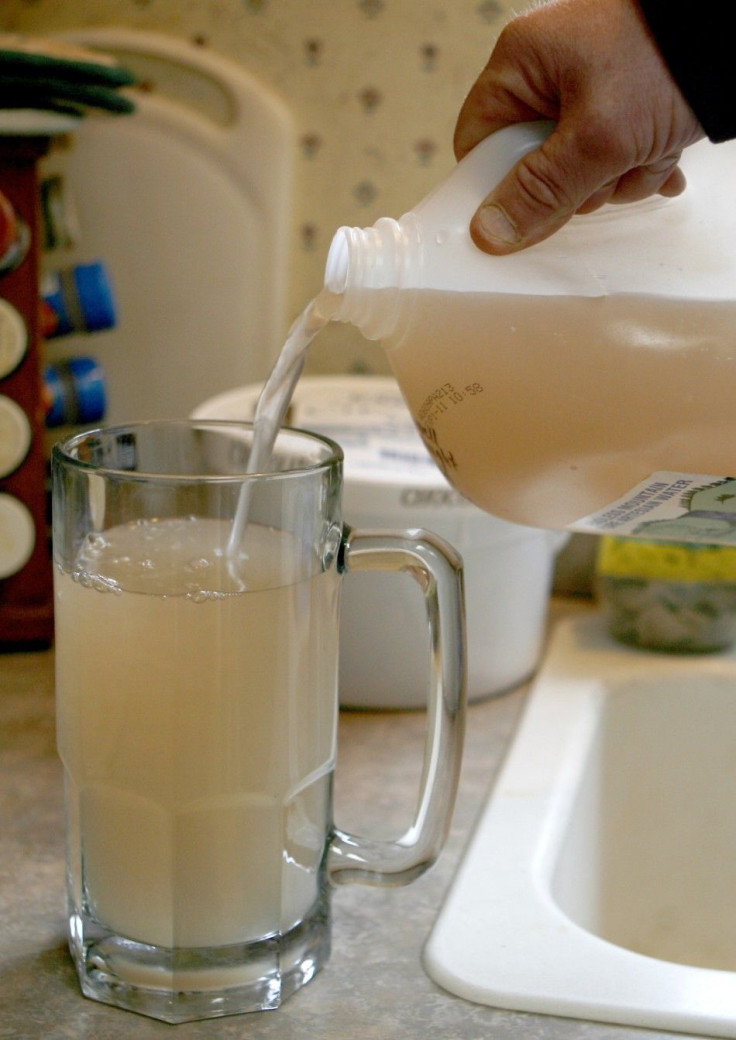EPA Revisiting, Announces Gaps in Dimock, PA Water Data

Federal environmental officials are considering retesting wellwater in a small Pennsylvania town for potential contamination by hydraulic fracturing, even though those officials recently declared there was no contamination.
Members of the U.S. Environmental Protection Agency visited Dimock, Pa., late in December, and again on Jan. 5, to collect additional data after the EPA found gaps in hundreds of pages of information pertaining to the town's water quality that Dimock residents provided to the agency, David Sternberg, a spokesman for the agency, said Friday.
Therefore, EPA is considering next steps including conducting some sampling of well water in the area. We will evaluate the sampling results and share them with the residents, the Commonwealth of Pennsylvania and Cabot (Oil & Gas Corp.), Sternberg said.
These new tests may prove to be an interesting reversal, considering the EPA announced early last month there was no indication well water in the town was contaminated by hydraulic fracking.
Most recent test results on water from a well belonging to one family, that of Julie and Craig Sautner, showed levels of lead and arsenic that exceed EPA's regulations. Despite such levels of arsenic and lead, Pennsylvania state regulators on Nov. 31 declared the water safe to drink.
The announcement by the state's Department of Environmental Protection was made after Cabot Oil & Gas met health requirements leading up to November, and was a contractual obligation according to a deal between the company and the state's former governor, said Colleen Connolly, a spokesperson with the Pennsylvania DEP.
The test results, which were given to the International Business Times by the Sautners, also showed amounts of methoxyethanol -- a non-naturally occurring flammable liquid -- which is known to harm nervous systems in animals.
Also detected was butyl benzyl phthalate, a plasticizer, which is considered toxic by the European Commission. Prolonged contact with the chemical causes some irritation of the eyes and skin, according to Spectrum Laboratories.
The Sautners, one of the 11 and most vocal families disputing the pronouncements made by both Pennsylvania Department of Environmental Protection and Cabot Oil & Gas, have lived off water shipments for the past several years. They have not touched their well water since it became smokey, turbid and bubbly after a gas well was fracked nearby in 2008.
For three years, Cabot Oil provided water to the families. But since Nov. 31, 2011, when the state's DEP ruled the water was safe to drink, the Sautners and their neighbors have been on their own. Further, they have not received a shipment of water since Tuesday, Julie Sautner said.
For the past three weeks, the Sautners and 10 other families received water shipments paid for by the Sierra Club from Binghamton, N.Y. But with the weather this winter finally turning sour in parts of the Northeast, Sautner said getting the shipments has become increasingly difficult.
It is starting to get impossible, Sautner said.
The town of Dimock has been at the front lines in recent years of the hydraulic fracturing debate. Opponents of the controversial gas extraction method claim it contaminates water tables and endangers local residents.
Last month, the EPA released a highly disputed preliminary study from water wells in Wyoming positively linking hydraulic fracturing in the region to localized water contamination. If the Wyoming study is confirmed by more researchers, the test would be the first time the drilling practice would be linked to water contamination.
© Copyright IBTimes 2025. All rights reserved.





















